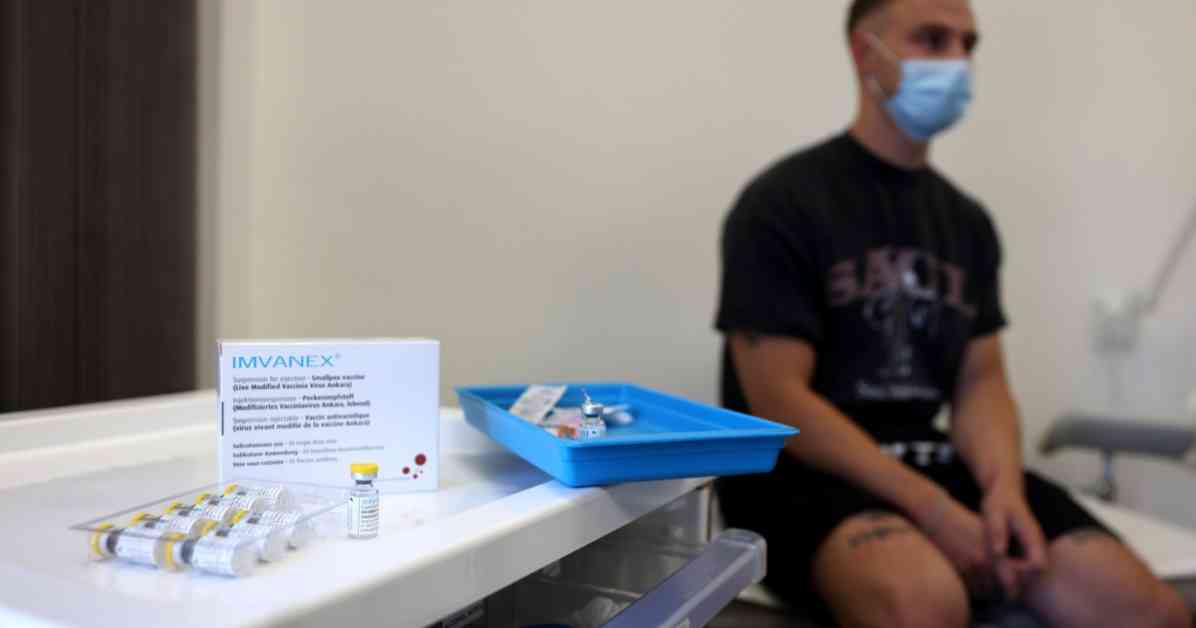Monkeypox, originally known as Mpox, has recently been declared a global health emergency by the World Health Organization due to the alarming spread of a new strain of the virus. While initially concentrated in the Democratic Republic of the Congo and neighboring African countries, the updated status now means that Mpox poses a health risk to countries worldwide, with over 500 recorded deaths. The Africa Centres for Disease Control and Prevention has called for international assistance to prevent further spread of the disease.
Symptoms of Monkeypox can vary from person to person, but typically include sore and swollen glands, high fever, headache, muscle pains, lack of energy, backaches, swollen glands, shivering, exhaustion, joint pain, and a rash. The rash usually appears 1 to 5 days after the onset of other symptoms, starting on the face before spreading to other parts of the body. It is important to note that the rash can be mistaken for chickenpox, so it is crucial to seek medical attention for a proper diagnosis.
Monkeypox spreads from animals to humans and between people through close contact, including sexual contact, skin-to-skin contact, and even talking or breathing close to an infected individual. While Monkeypox can be a serious condition if left untreated, in most cases, it is mild and resolves on its own without long-term effects on health. Most individuals recover within several weeks, but it is essential to seek medical advice and treatment to manage symptoms and prevent complications.
If you suspect you may have Monkeypox, it is recommended to contact a sexual health clinic for guidance. Symptoms such as a rash with blisters, anal pain, or bleeding from the bottom, combined with close contact with an infected individual, recent travel to West or Central Africa, or new sexual partners in the past 3 weeks, should prompt isolation and medical evaluation. It is crucial to stay at home, avoid close contact with others, and follow healthcare professionals’ instructions to prevent further spread of the virus.
While there is no direct cure for Monkeypox, doctors focus on treating symptoms such as clearing up the rash and managing pain. The disease can be spread through physical contact, consumption of contaminated materials, and even from pregnant women to their unborn babies. Public Health England emphasizes that while Monkeypox can be transmitted, it does not spread easily, and vaccination against smallpox has proven to be effective in preventing the disease.
In conclusion, understanding Monkeypox symptoms, causes, and treatments is essential for early detection and effective management of the virus. With the recent declaration of a global health emergency, it is crucial for individuals to stay informed, seek medical attention if needed, and follow preventive measures to control the spread of Monkeypox worldwide. Stay vigilant, stay safe, and prioritize your health and well-being.












